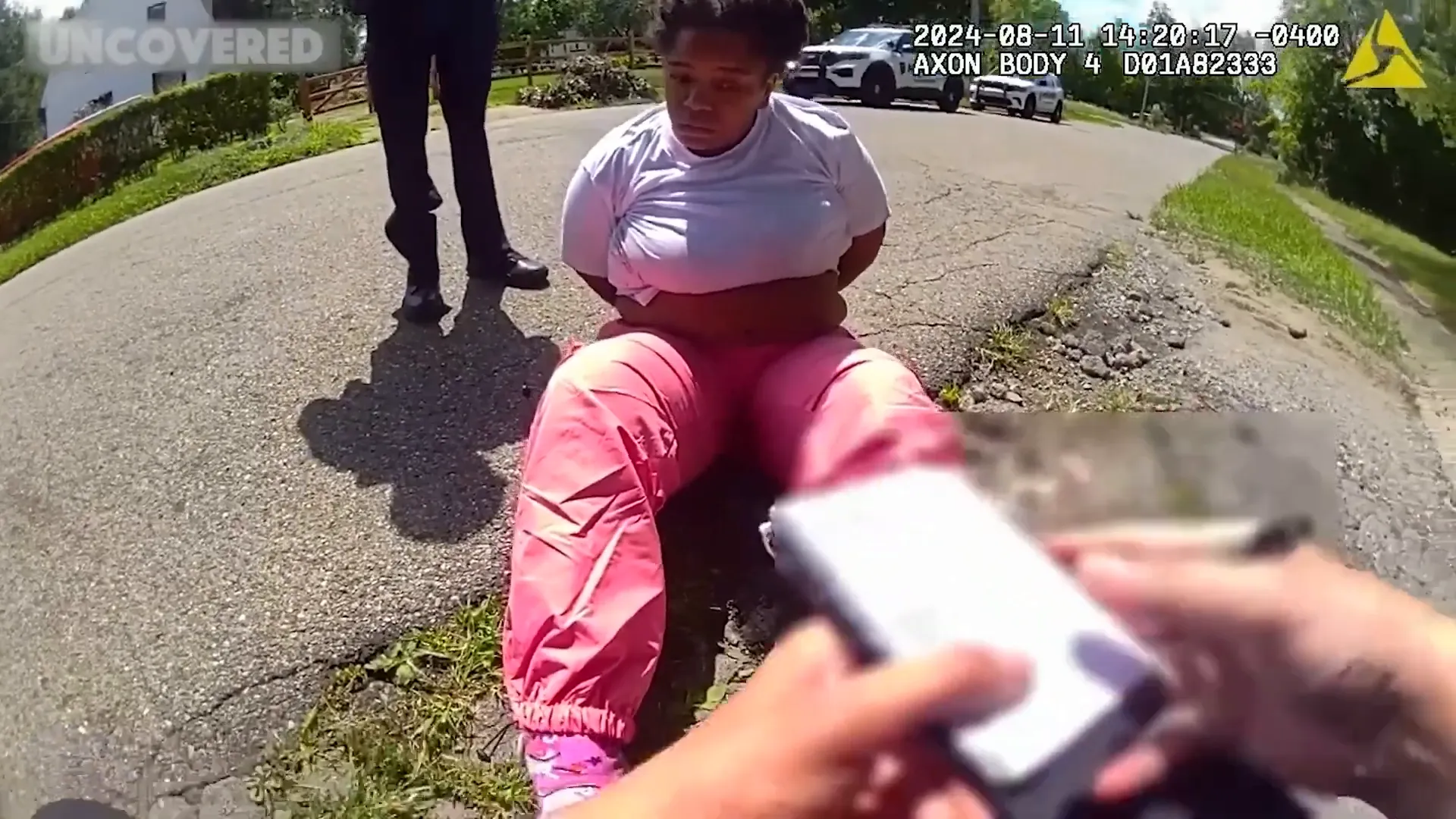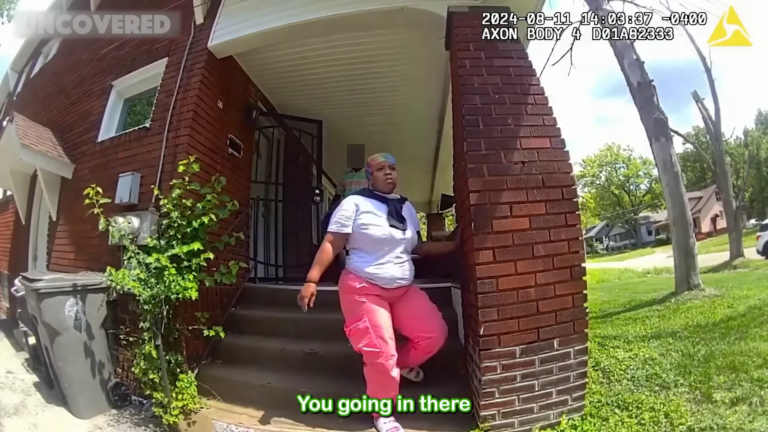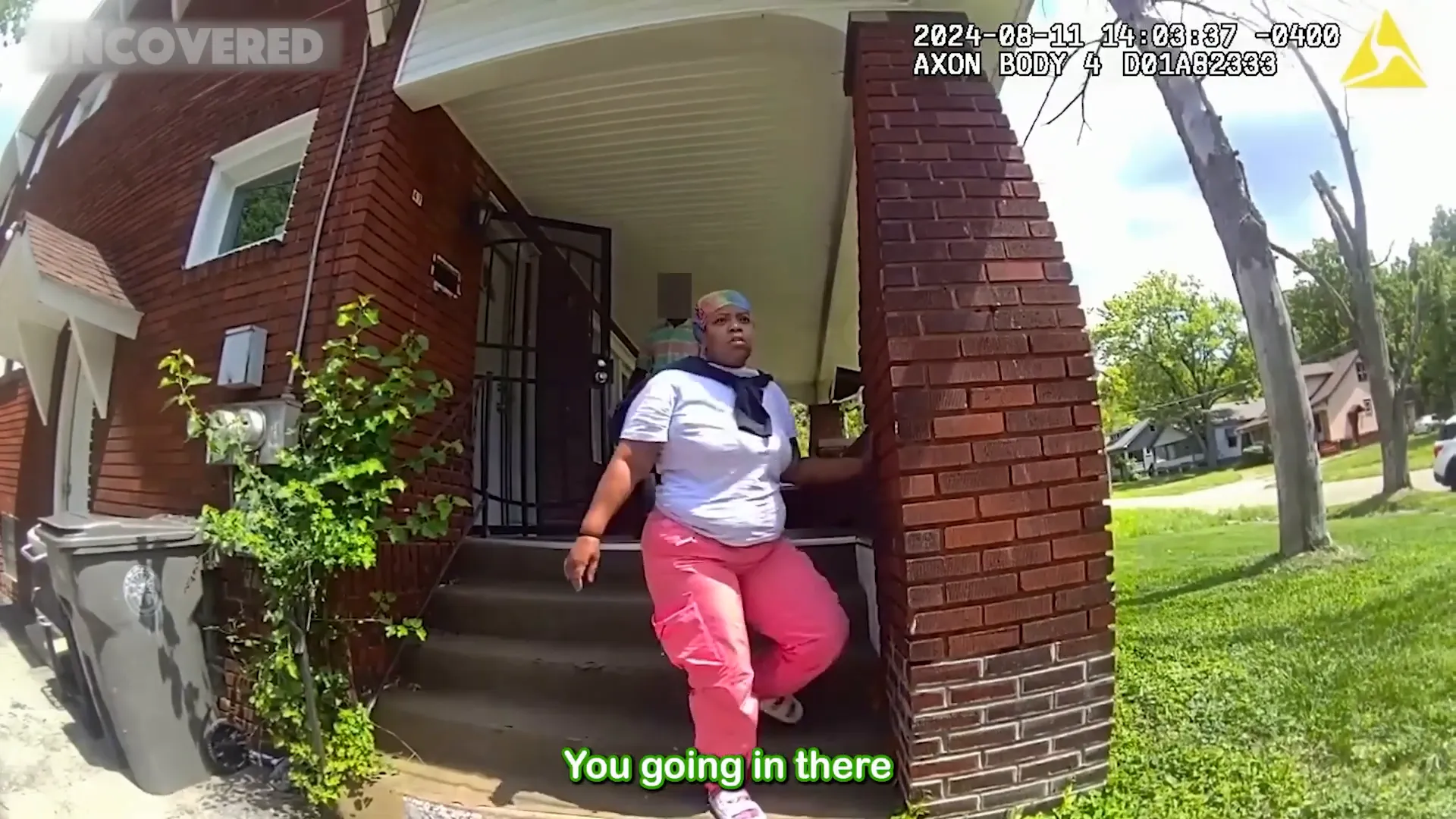
In today’s world, the threat of unauthorized entry and burglary is a pressing issue for homeowners. This blog delves into a shocking incident captured on video, highlighting the urgent need for effective property protection strategies while also addressing related concerns such as legal rights and health safety.
Table of Contents
- Attempted Burglary Investigation
- Understanding HIV/AIDS
- Car Information Retrieval
- The Consequences of Unauthorized Entry
- Legal Rights of Homeowners
- Safety Measures for Homeowners
- Understanding the Eviction Process
- The Role of Law Enforcement
- Health Risks During Confrontations
- The Importance of Reporting Incidents
- Car Theft: Prevention and Recovery
- FAQ
Attempted Burglary Investigation
The rise in attempted burglaries is alarming, and each incident leaves lasting impacts on victims. In this case, the homeowner discovered an unauthorized entry into their property, leading to a confrontation that escalated quickly. This situation highlights the importance of understanding the legal implications of such actions and the potential consequences for those involved.
When a burglary is attempted, it is crucial for homeowners to document everything. Witnesses, like neighbors, can provide vital evidence. In this scenario, a neighbor witnessed the suspect entering the home, which played a significant role in the investigation. This type of corroborating evidence is invaluable in court.

Homeowners should report any suspicious activity immediately. Delaying action can lead to further complications, both legally and personally. Law enforcement agencies prioritize these reports, as they can prevent further crimes and apprehend suspects quickly.
Understanding HIV/AIDS
In incidents involving physical altercations, the risk of bloodborne diseases such as HIV/AIDS becomes a serious concern. When officers apprehend suspects, they must be vigilant about potential exposure to infectious diseases. This situation was no different, as the suspect’s actions raised alarms about their health status.
It’s essential for law enforcement to ask suspects about any known health issues, particularly when blood is involved. This is not only for the safety of the officers but also for the broader public health implications. HIV is a serious condition that requires immediate attention and management to prevent further spread.
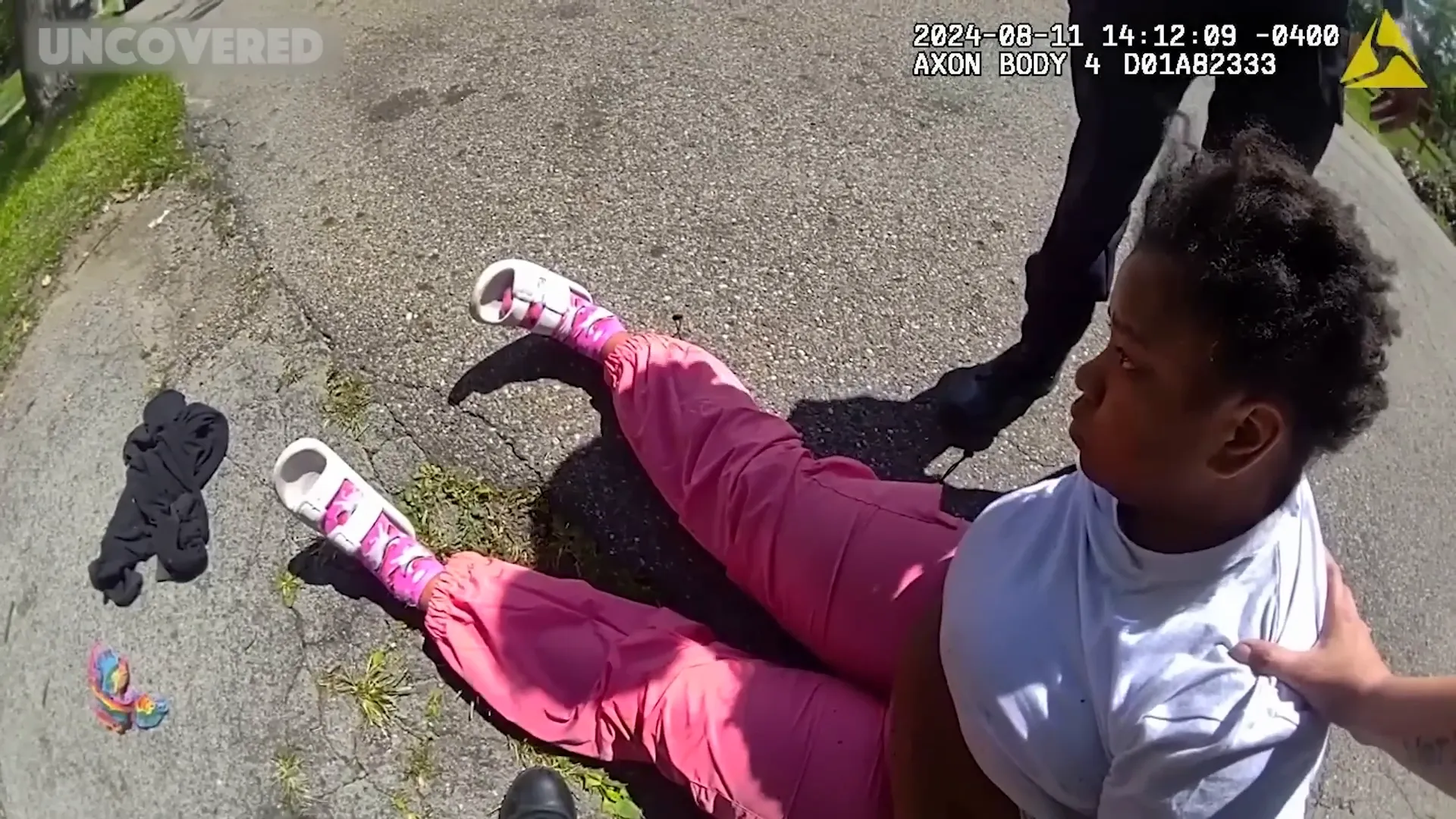
Awareness and education about HIV/AIDS can help reduce stigma and promote safer practices. Communities must engage in open discussions to dispel myths and encourage testing. Public health initiatives play a critical role in ensuring that individuals understand their health risks and know how to protect themselves and others.
Car Information Retrieval
The retrieval of vehicle information is a critical step in the investigation of unauthorized entry and theft. In this case, the suspect claimed that their car was stolen, which adds another layer to the complexity of the situation. Officers must gather accurate details to track down the vehicle and determine its rightful owner.
Officers typically ask for specific details about the vehicle, including its make, model, color, and any distinguishing features. This information helps them file reports and search databases effectively. The suspect’s inability to provide clear details can raise suspicions about their credibility and involvement in the crime.
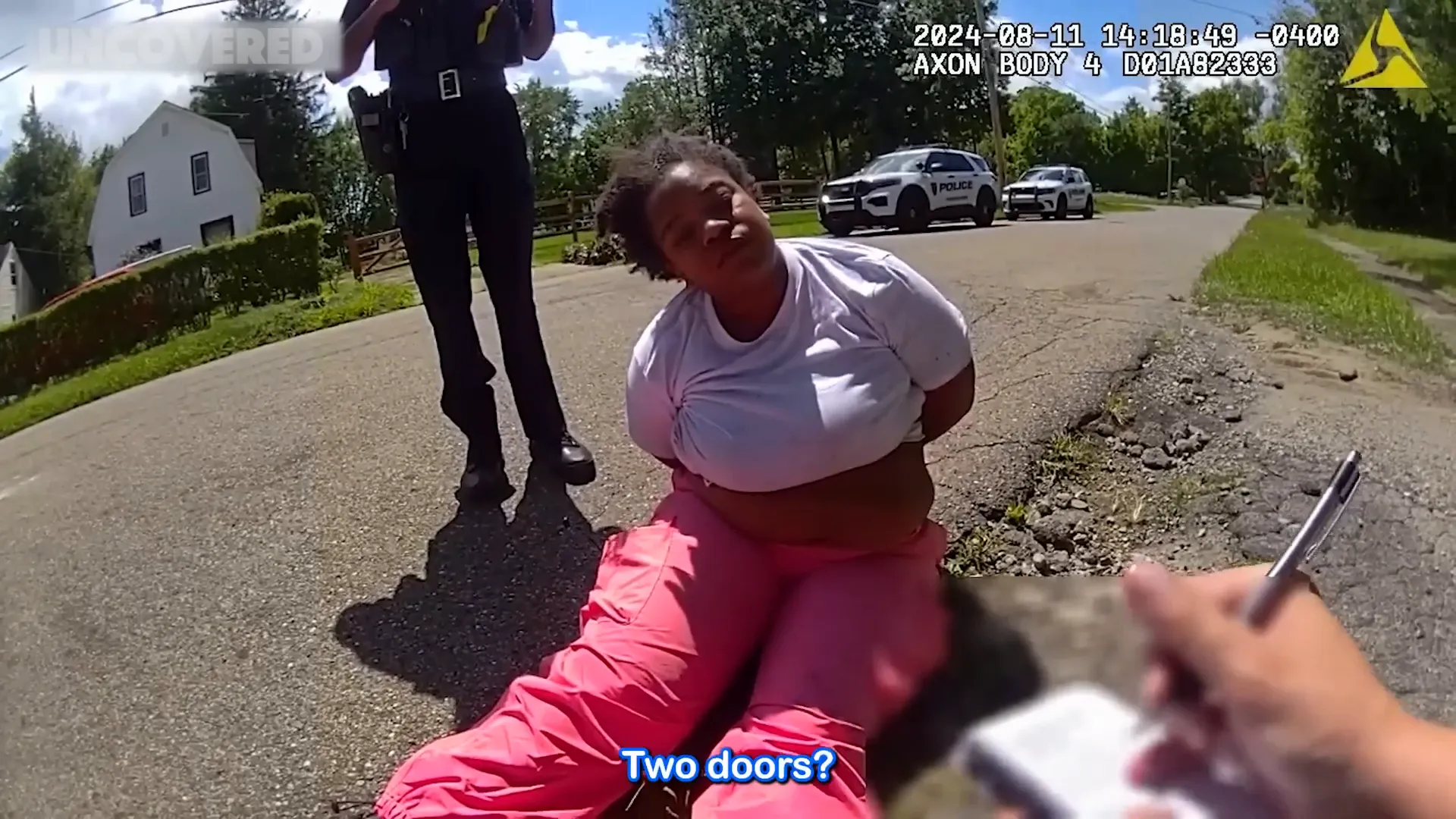
Moreover, stolen vehicle reports are taken seriously. Law enforcement agencies collaborate with various databases to track down stolen cars. The swift action taken in these cases can often lead to the recovery of the vehicle, as was seen in this incident.
The Consequences of Unauthorized Entry
Unauthorized entry into someone’s home is a serious offense that carries significant legal consequences. It can lead to charges of burglary, attempted burglary, or trespassing, depending on the circumstances. In this situation, the suspect faced multiple charges, including attempted burglary and resisting arrest.
The legal ramifications extend beyond immediate charges. A conviction can result in hefty fines, community service, probation, or even imprisonment. This not only affects the individual involved but also impacts their family and community.

Understanding the legal definitions and implications of unauthorized entry is crucial for both homeowners and potential offenders. Homeowners must be aware of their rights to protect their property, while potential offenders should recognize the serious consequences of their actions.
Legal Rights of Homeowners
Homeowners possess specific legal rights designed to protect their property and personal safety. When someone unlawfully enters their home, homeowners are entitled to take action, including calling the police and seeking legal recourse. This right to protect one’s property is enshrined in law.
Additionally, homeowners can pursue civil action against trespassers to recover damages. This can include the cost of repairs, lost property, and emotional distress caused by the incident. Understanding these rights is essential for homeowners to safeguard their living spaces effectively.
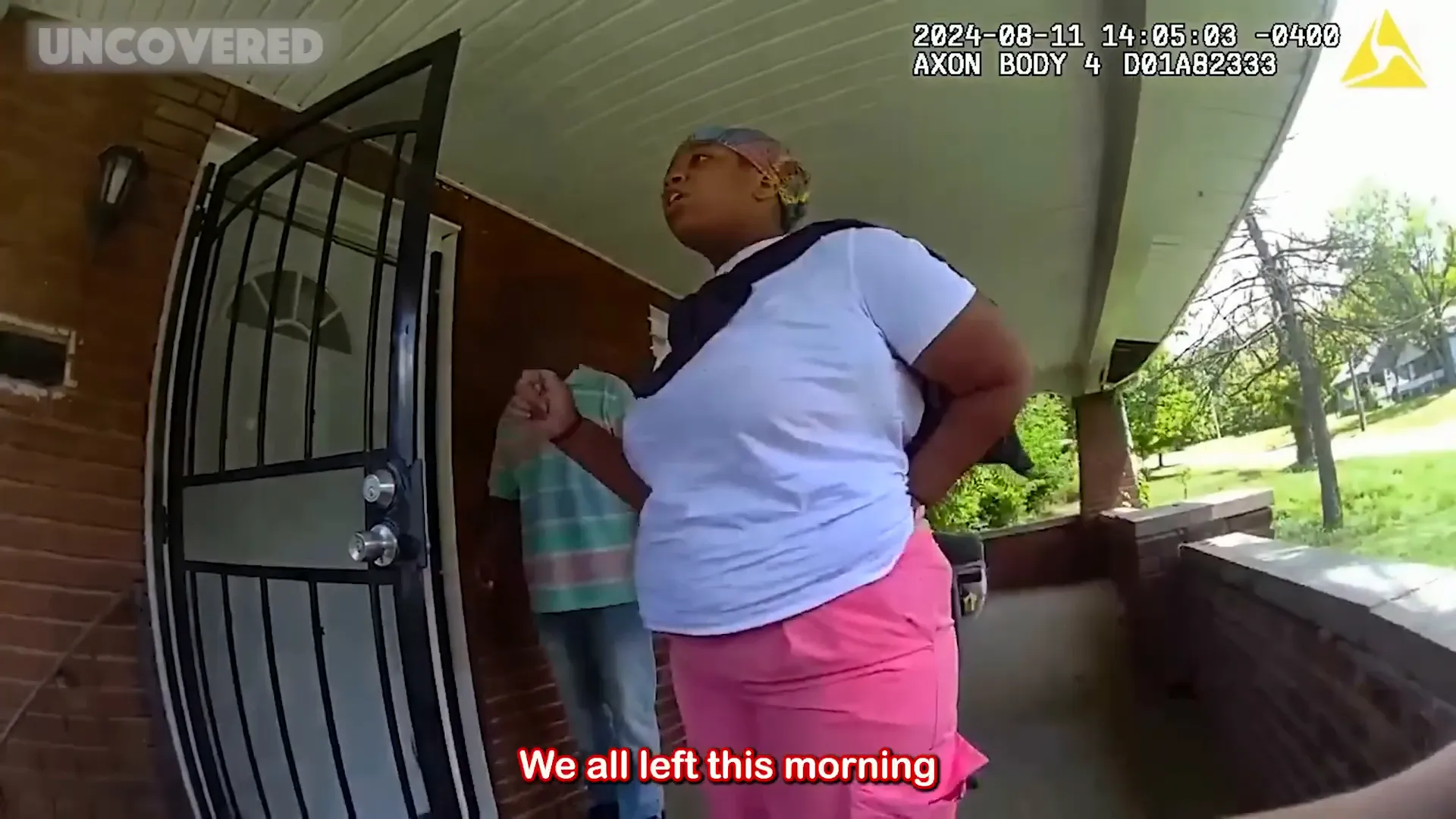
It is advisable for homeowners to familiarize themselves with local laws regarding property rights and trespassing. This knowledge equips them to respond appropriately in emergencies and take necessary preventive measures.
Safety Measures for Homeowners
To prevent unauthorized entry, homeowners must take proactive steps to enhance their security. Simple measures can significantly reduce the risk of becoming a victim of burglary. Here are some essential safety measures:
- Install Security Systems: A reliable alarm system can deter intruders and alert homeowners to any unauthorized access.
- Use Deadbolts: High-quality deadbolts on doors can provide an added layer of security that is difficult for intruders to bypass.
- Secure Windows: Ensure all windows are locked and consider using security film to reinforce glass.
- Outdoor Lighting: Motion-sensor lights can illuminate dark areas around the home, making it less appealing for burglars.
- Neighborhood Watch: Engage with neighbors to create a community watch program, fostering a sense of collective security.
These measures, combined with awareness of the neighborhood, can significantly lower the risk of unauthorized entry. Homeowners should regularly assess their security systems and make updates as necessary to keep their property safe.
Understanding the Eviction Process
The eviction process is a legal procedure that can be fraught with complexities and emotional turmoil for all parties involved. Homeowners facing unauthorized occupants must understand their rights and the legal steps necessary to reclaim their property. It is imperative to act swiftly and decisively to avoid prolonged disputes.
Initially, homeowners should issue a formal eviction notice, outlining the reasons for the eviction and providing a timeline for the occupant to vacate the premises. This notice serves as a crucial first step in the legal process, establishing a paper trail that can be referenced in court if necessary.
If the occupant fails to comply with the eviction notice, homeowners may need to file an eviction lawsuit, commonly referred to as an unlawful detainer action. This legal proceeding allows the homeowner to seek a court order to remove the occupant from the property. It is essential to gather all relevant documentation, including the eviction notice, any correspondence with the occupant, and evidence of unauthorized entry.
Once the lawsuit is filed, the court will schedule a hearing where both parties can present their cases. Homeowners should be prepared to articulate their reasons for the eviction clearly and provide supporting evidence. If the court rules in favor of the homeowner, a judgment will be issued, allowing law enforcement to assist in removing the occupant.
Understanding the eviction process is vital for homeowners to protect their rights and ensure a swift resolution to unauthorized occupancy issues.
The Role of Law Enforcement
Law enforcement plays a critical role in the eviction process and in responding to unauthorized entries. Officers are often called upon to assist homeowners in reclaiming their properties and ensuring that the law is upheld. Their presence can help de-escalate potentially volatile situations, providing a sense of security to homeowners.
When law enforcement is involved, it is essential for homeowners to provide clear and concise information about the situation. Officers will assess whether a crime has been committed and determine the appropriate course of action. This may include issuing a warning to the unauthorized occupant or facilitating their removal from the property.
It is important to note that law enforcement cannot forcibly evict someone without a court order. Officers may help facilitate the eviction process, but they must adhere to legal protocols. Homeowners should cooperate with law enforcement and follow their guidance to ensure the situation is handled appropriately.
Health Risks During Confrontations
Confrontations during unauthorized entry incidents can pose significant health risks, not only to the individuals involved but also to law enforcement personnel. The potential for physical altercations, exposure to bloodborne pathogens, and psychological trauma cannot be underestimated. Homeowners must prioritize their safety and the safety of others during such encounters.
During confrontations, there is a risk of injury, which can lead to exposure to bloodborne diseases such as HIV and hepatitis. Officers must be vigilant and ask suspects about any known health issues, especially when blood is involved. This inquiry is crucial for the safety of all parties and helps mitigate potential health risks.
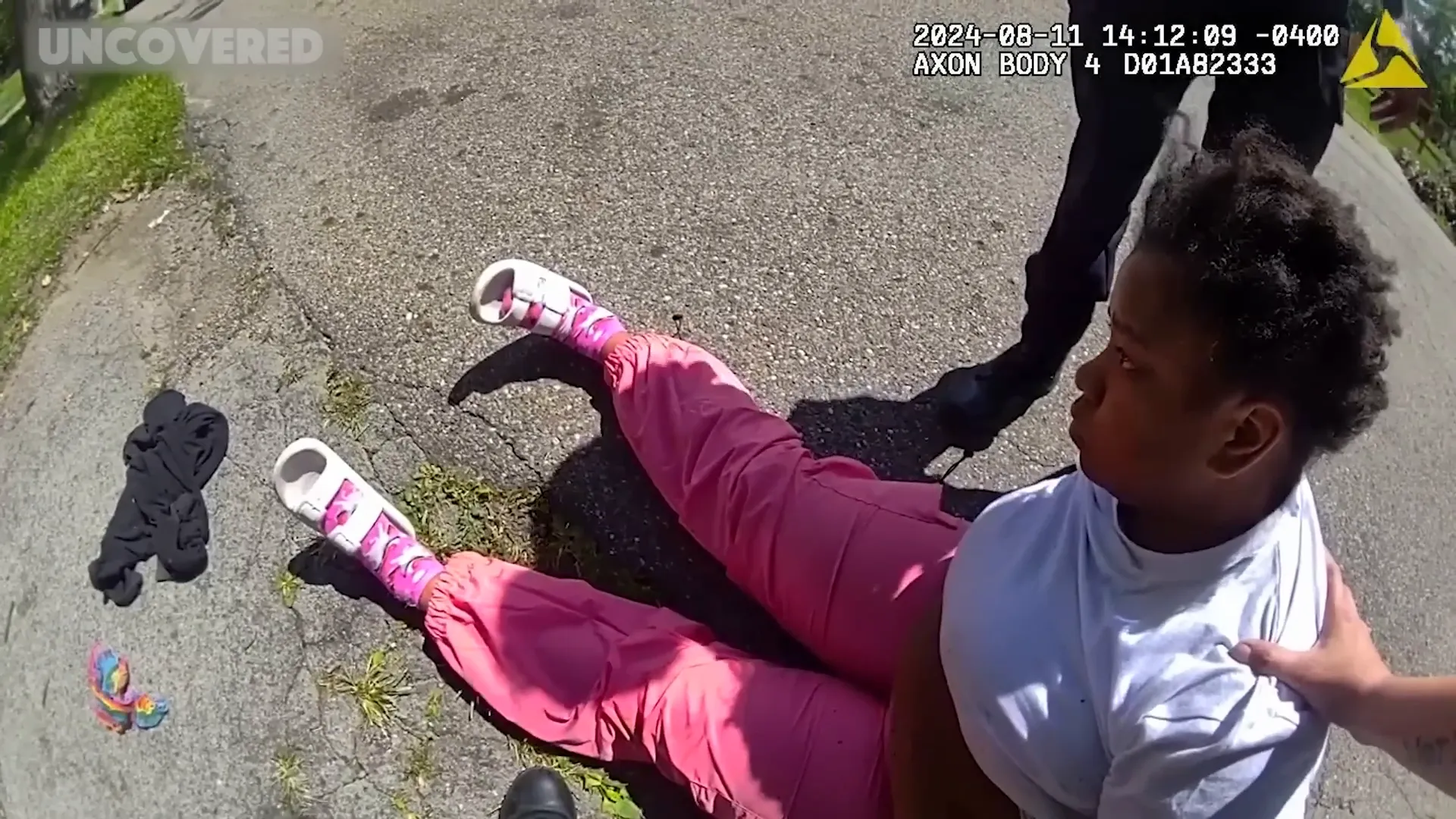
Homeowners should also consider their health and emotional well-being after such incidents. Engaging in a confrontation can lead to stress and anxiety, which may require professional support. Understanding the health implications of these encounters is essential for everyone involved.
The Importance of Reporting Incidents
Promptly reporting incidents of unauthorized entry or suspicious activity is vital for maintaining safety within the community. When homeowners take immediate action, it allows law enforcement to respond quickly and effectively, potentially preventing further crimes.
Homeowners should document all relevant details, including times, dates, and descriptions of the individuals involved. This information can be invaluable to law enforcement and may aid in future investigations. Reporting incidents not only helps protect individual properties but also contributes to overall community safety.
Moreover, community engagement is crucial in fostering a safe environment. Homeowners should work together to create neighborhood watch programs or community forums to discuss safety concerns. This collective approach can lead to increased vigilance and a stronger sense of community.
Car Theft: Prevention and Recovery
Car theft is a pervasive issue that can arise from unauthorized entry incidents. Homeowners must be proactive in preventing vehicle theft and understanding the steps to take if their vehicle is stolen. Implementing safety measures can significantly reduce the risk of car theft.
Essential prevention strategies include:
- Securing Vehicles: Always lock your car and ensure windows are closed when not in use.
- Installing Anti-Theft Devices: Consider using steering wheel locks, GPS tracking systems, or alarms to deter thieves.
- Parking Wisely: Choose well-lit and populated areas for parking to discourage theft.
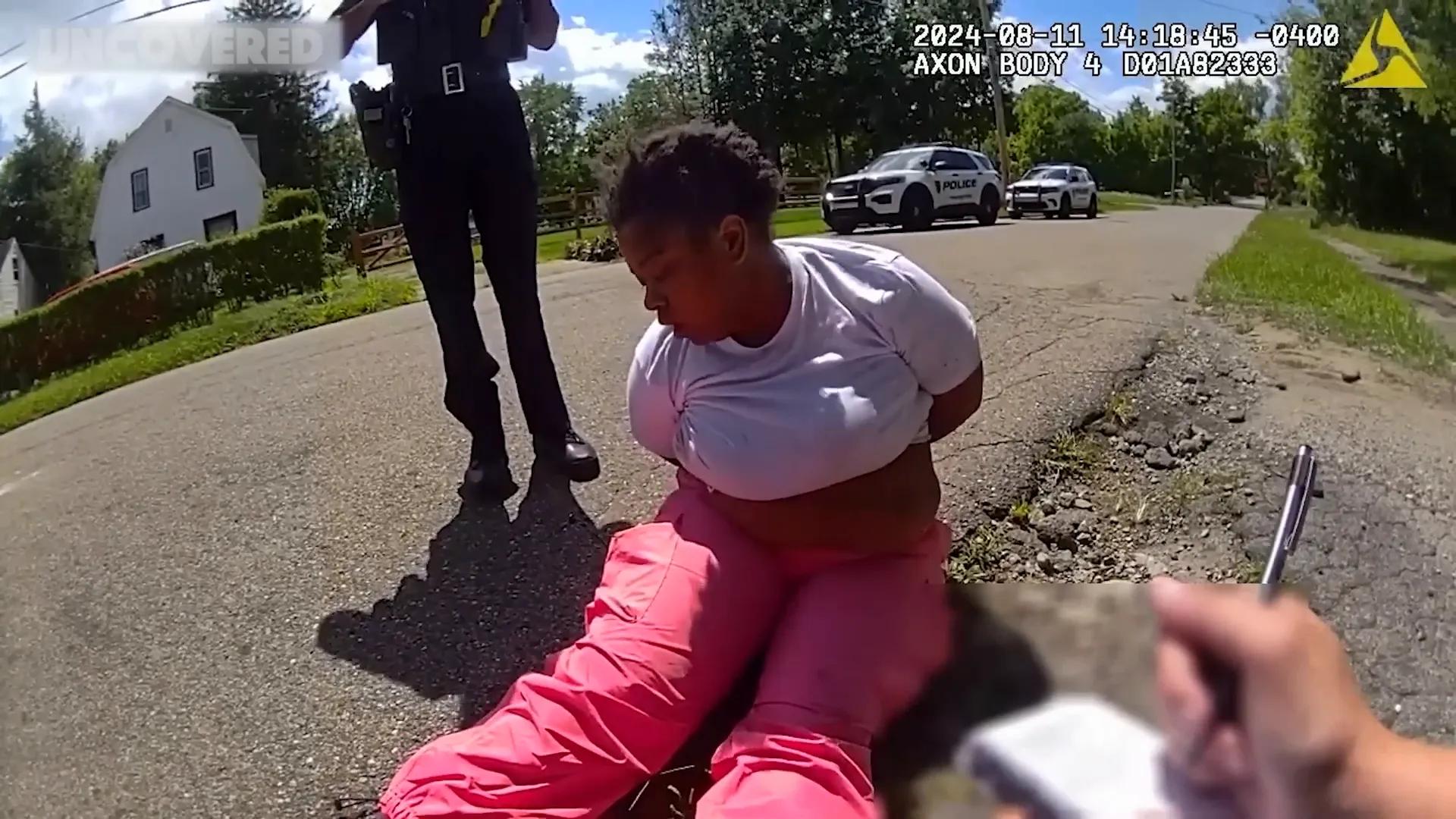
If a vehicle is stolen, homeowners should report the theft to the police immediately. Providing detailed information about the vehicle, including make, model, color, and any distinguishing features, can aid in recovery efforts. Additionally, informing your insurance company promptly can help expedite the claims process.
In the event of recovery, it is essential to thoroughly check the vehicle for any damage or missing items before resuming use. Understanding these proactive measures and recovery steps is crucial for homeowners to protect their vehicles and belongings.
FAQ
What should I do if someone is trespassing on my property?
If you encounter a trespasser, remain calm and do not engage in confrontation. Document the incident and report it to law enforcement immediately. They can assess the situation and take appropriate action.
Can I forcibly remove someone from my property?
No, homeowners cannot forcibly remove someone from their property without a court order. It is essential to follow legal protocols to avoid potential legal repercussions.
How can I protect my home from unauthorized entry?
Implement security measures such as installing alarm systems, using deadbolts, securing windows, and engaging in community watch programs. Regularly assess your security systems and update them as necessary.
What are the legal consequences for trespassing?
Trespassing can lead to criminal charges, including fines and potential jail time. The severity of the consequences often depends on the circumstances surrounding the incident.
What should I do if my car is stolen?
Report the theft to law enforcement immediately, providing detailed information about the vehicle. Notify your insurance company as soon as possible to initiate the claims process.
